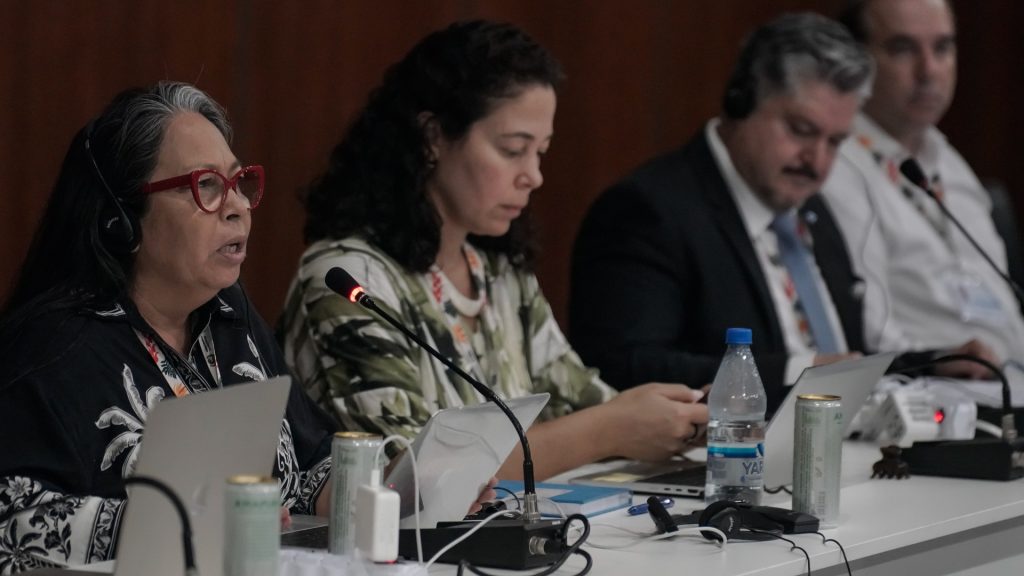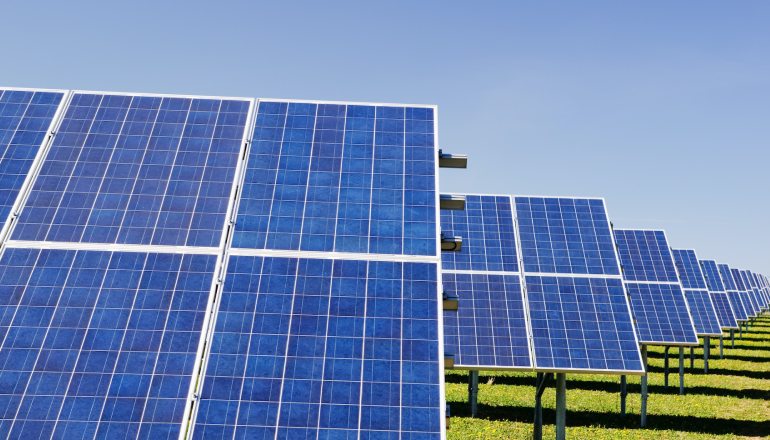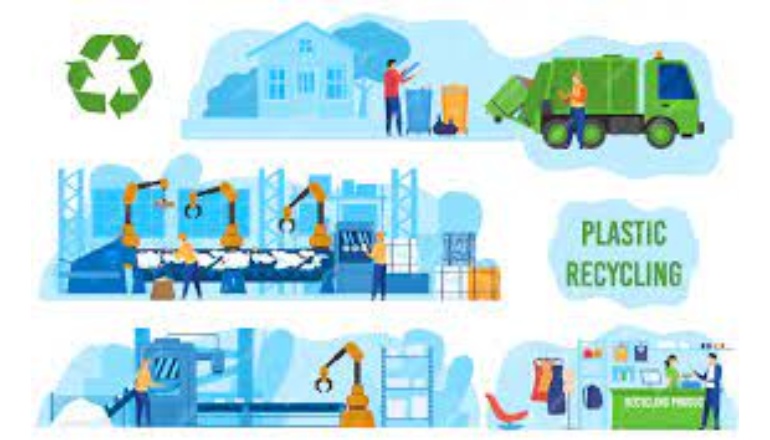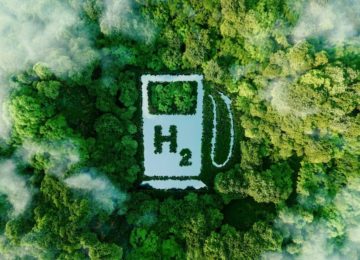Indigenous knowledge and traditional practices must be fully integrated into global climate resilience plans, recognizing the essential role of Indigenous peoples as guardians of nature. A high-level debate at the COP30 climate summit underscored this critical need, along with ensuring direct financing flows to Indigenous communities.
Central role in adaptation plans:
The event, titled “Indigenous Adaptation,” featured unanimous agreement that government-led National Adaptation Plans (NAPs) must be developed in genuine partnership with Indigenous peoples.
COP30 Special Envoy Sineia do Vale, the session’s host, emphasized that Indigenous ways of life represent “millennia-old work in their territories, bringing solutions to climate change.” She underscored the importance of enabling Indigenous communities to maintain their traditional lifestyle, which is inherently tied to ecological balance.
Carlos Ruiz-Garvia of the UNFCCC Secretariat noted that key multilateral agreements, including the Paris Agreement and the Global Goal on Adaptation, already recognize the pivotal role Indigenous peoples play in climate action.
Demanding direct climate finance:
A major discussion point was the systemic failure to deliver climate finance directly to Indigenous-led initiatives. Participants stressed that ensuring the direct transfer of resources is paramount to sustaining the ways of life that are vital for global climate stability.
The Green Climate Fund (GCF), the world’s largest climate finance mechanism, confirmed it is working to streamline processes to ensure Indigenous peoples receive direct access to adaptation and mitigation funding. GCF Director of Governance Affairs Artur Lacerda said, “Our goal is also to ensure that Indigenous peoples benefit from climate finance—not merely to prevent harm to them.”
In a related development, Norway, through the Norwegian International Climate and Forest Initiative (NICFI), recommended that countries design their finance policies with the full participation of Indigenous representatives. Norway’s $3 billion contribution to the Tropical Forests Forever Facility (TFFF) was highlighted as a mechanism intended to reinforce this approach.
Securing territorial rights:
Experts at the debate reiterated that the protection of Indigenous territorial rights is not just a matter of justice but an essential climate solution.
Dr. David Kaimowitz, Coordinator for the Amazon Basin at the International Land and Forest Tenure Facility, cited a UN FAO study. The study shows that Indigenous peoples and traditional communities are consistently the “best guardians of forests.”
Securing their land rights is therefore seen as a fundamental precondition for achieving global climate goals.
Showcasing Indigenous-led solutions:
The launch of a new, Indigenous-led adaptation plan from the state of Roraima, Brazil, scheduled today at COP30, illustrates the value of traditional knowledge. Sineia do Vale is leading the initiative, which documents traditional knowledge like identifying seed varieties resistant to seasonal changes and the use of natural indicators to track climate impact.












